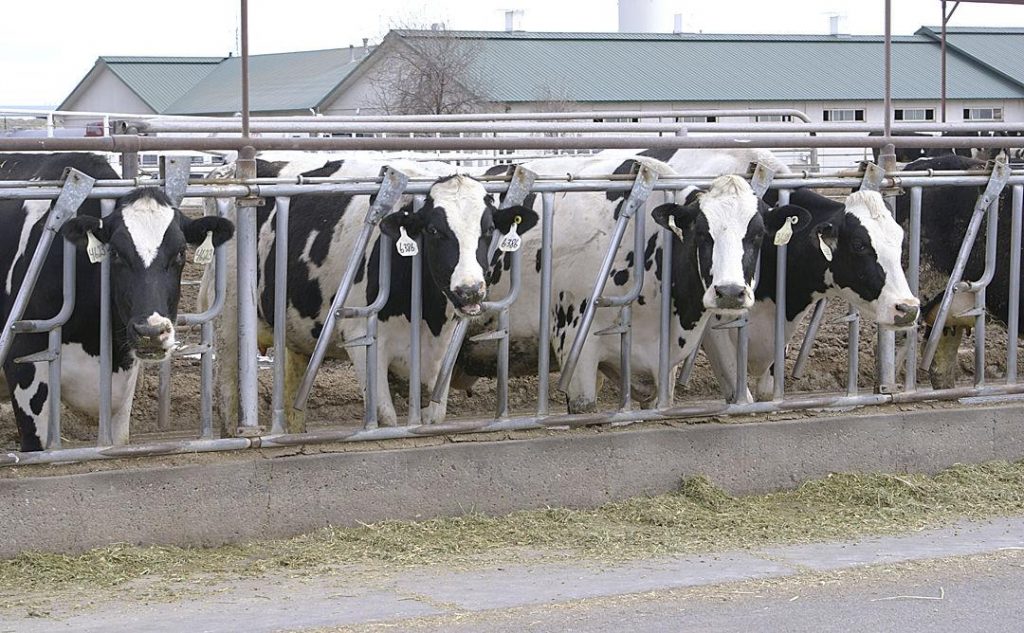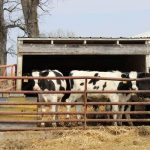
Report 13 – Released on March 28, 2019
In California, it has been raining a lot recently. Nonetheless, milk production hasn’t been
much affected. Milk output remains seasonally strong and manufacturing plants have the
capacity required to handle current milk supplies. As so, most of the milk is being
processed close to its production site. Plant facility managers do not foresee any issue
with milk handling during the spring flush. Milk sales to retailers are steady. In Arizona,
milk output is increasing. However, supplies are manageable within the state. Processing
plants are still running near full capacities. Bottled milk demand is back up for
supermarket sales now that the spring break is over. Overall, there is a good balance
between milk offerings and orders. Milk production is building seasonally in New Mexico, but
efficiency in routing milk volumes to the nearest processing facilities is helping handlers
save on freight costs. Milk volumes are in good equilibrium with sales. At most plants,
there remains plenty of room for additional milk handling if the need arises. Repair and
maintenance workloads are minor this week. Class I and III sales grew, but there was a
slight decrease in Class II demand. Pacific Northwest milk production continues to increase.
Favorable weather is providing good cow comfort after a stretch of tough winter weather last
month. Bottling demand is picking up as schools resume classes following spring break. There
is plenty of milk for manufacturers and many plants are operating at or near full capacity.
Milk production in the mountain states of Idaho, Utah and Colorado is steady. Milk intakes
are mostly in balance with processing needs. However, a few industry contacts suggest there
are some spot loads of milk available at $3 under Class IV in Idaho, and some loads of milk
are shifting around the region to fill sales orders. Farmers are confident the snow pack in
the mountains will provide enough water for the upcoming cropping season. Western condensed
skim is in good supply. Drying is active. Nonetheless, less condensed skim is moving from
Arizona into California this week. This might explain why some industry participants stated
that condensed skim prices are a bit higher than what California buyers would like to pay.
There has been a little uptick on ice cream production schedules which in turn is drawing
some cream loads away from the churns. Cream is also moving to other Class II products for
the holiday. However, buyers are resistant to premium cream prices, but can’t seem to find
discounted sale prices. The cream market has tightened up a bit. Contacts say that some
cream customers are looking to contract cream for the next three months. Cream multiples for
all Classes are 1.06-1.20.
























